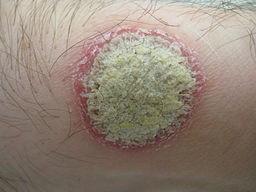If you have abdominal pain.
Abdominal pain. Everyone experiences abdominal pain from time to time. Other terms used to describe abdominal pain are abdominal pain, abdominal pain, bowel pain, and abdominal pain. Abdominal pain can be mild or severe. It can be continuous, or it can come and go. Abdominal pain can be short-term (severe) or last for weeks, months, or years (chronic). Call your doctor right away if your stomach pain is so bad that you can't move without causing more pain, or if you can't sit still or find a comfortable position. Symptoms of abdominal pain. · Severe pain · Fever · Bloody stools · Persistent nausea and vomiting · Weight loss · Skin that looks yellow · ...

